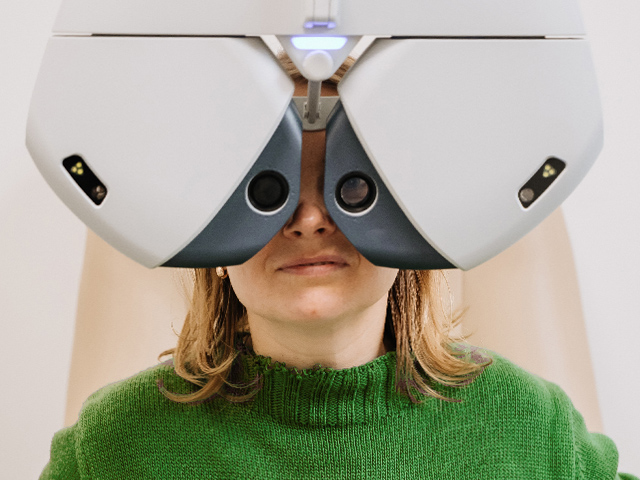
Eye conditions and injuries commonly happen throughout the year. However, the summer season is known for outdoor activity, sand, and the bright sun, which poses unique challenges and risks. Ideally, protect your eyes throughout this time of the year.
Preventative care can help avoid severe problems. You can shield yourself from potential short-term and long-term eye problems.
Protect Your Eyes From the Sun
Wear UV protection sunglasses whenever you stay outdoors. Do so even if the skies look cloudy. UV rays are harmful to your eyes throughout the year. However, your risk increases because the sun's rays reflect off sand and water during summer.
Not all pairs of sunglasses can protect your eyes. Choose those that have 100 percent UVA and UVB rays protection.
Wear a Hat
Wearing a hat increases UV protection for your eyelids and eyeballs by reducing exposure. Wear wide-brimmed hats every time you are outdoors during summer. Overexposure to the sun increases your risk for eye diseases such as cataracts.
Wear Goggles When Swimming
Wear swimming goggles every time you take a dip during summertime. The chlorine in the water protects against bacteria found in the swimming pool. However, it can irritate your eyes as it washes away their protective film.
Swimming goggles can prevent you from getting the swimmer eye characterized by red eyes, stinging, itching, and burning. You can also get bacterial conjunctivitis that results from not wearing protective eyewear while in the water.
Lubricate Your Eyes and Stay Hydrated
The eyes can feel watery, irritated, and dry during summer due to blooming plants and warm temperatures. If you are prone to eye allergies and dry eyes, use artificial tears or eye drops to keep your eyes hydrated and flush out contaminants and pollen.
Staying hydrated helps your eyes remain healthy all season long. When you become severely dehydrated, your eyes cannot produce adequate tears for lubrication.
Keep Your Hands Clean
Wash your hands regularly to avoid getting contagious eye conditions like conjunctivitis. You can develop it after touching contaminated surfaces and then rubbing your eyes. If you wear contact lenses, wash your hands before putting them on or off.
Eat a Balanced and Nutritious Diet
Eating a balanced diet keeps your eyes healthy. It also helps you maintain a healthy weight to reduce your risk of becoming overweight or obese. As a result, you reduce your risk of getting obesity-related conditions such as type-2 diabetes, which leads to blindness.
Eat a nutrient-rich diet from foods such as:
Leafy greens like collards, kale, and spinach.
Citrus juices and fruits, such as oranges.
Pork and oysters.
Oily fish, such as tuna and salmon.
Non-meat protein from eggs, beans, lentils, and chickpeas.
Wear Protective Eyewear When Participating in Activities
Protect your eyes during activities such as hiking, bike riding, and various projects in your home. Wear the correct eyewear to shield your eyes from debris and dust that can harm your eyes. Wear protective eyewear that fits properly, has no cracks, and guarantees your eyes protection.
Get Enough Sleep
Summertime has a lot of activities that can keep you busy, meaning less sleep. As a result, you can struggle to concentrate while doing various tasks that require you to be alert, like driving. Inadequate sleep can make your eyes feel irritated and dry. You can also introduce bacteria or other irritants into your eyes as you rub them when you get sleepy.
For more about protecting your eyes in summer, visit Alpha Eye Group at our offices in Philadelphia, Wyomissing, Bethlehem Twp, or Doylestown, Pennsylvania. You can also call (215) 698-7760, (610) 376-7272, (610) 866-1000, (215) 878-7181, or (215) 230-4060 to book an appointment today.




